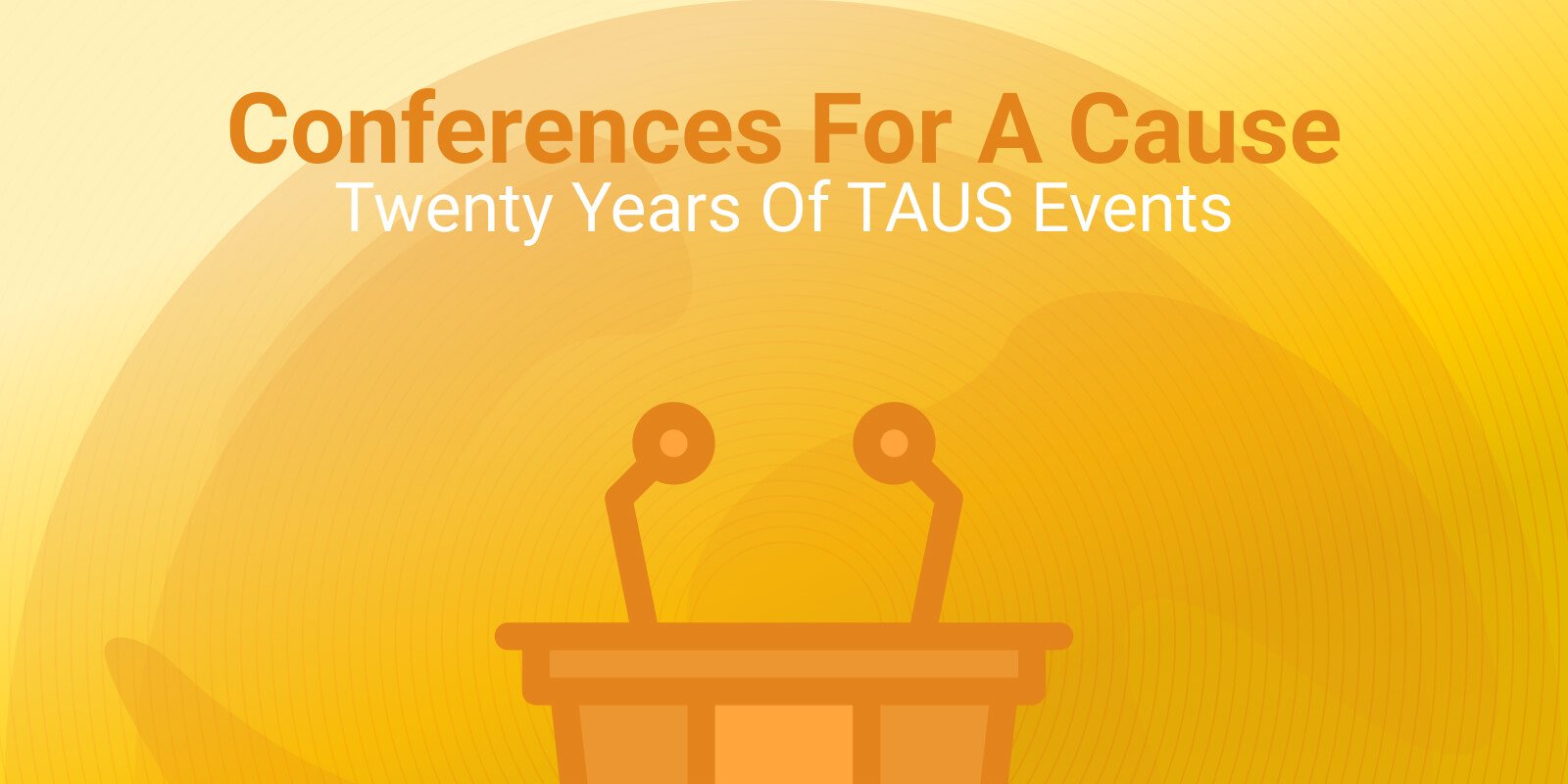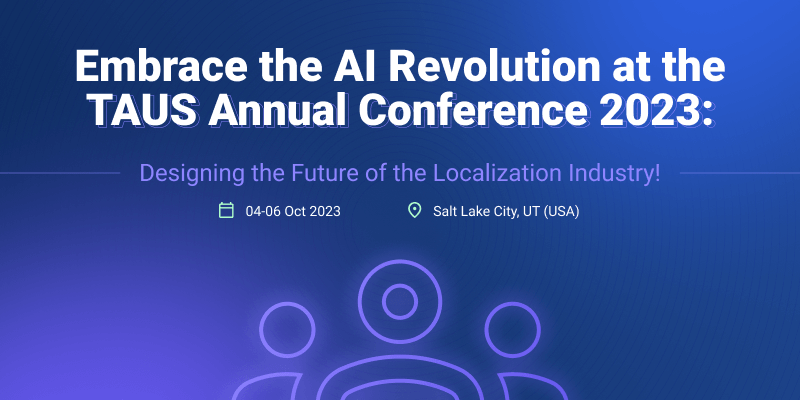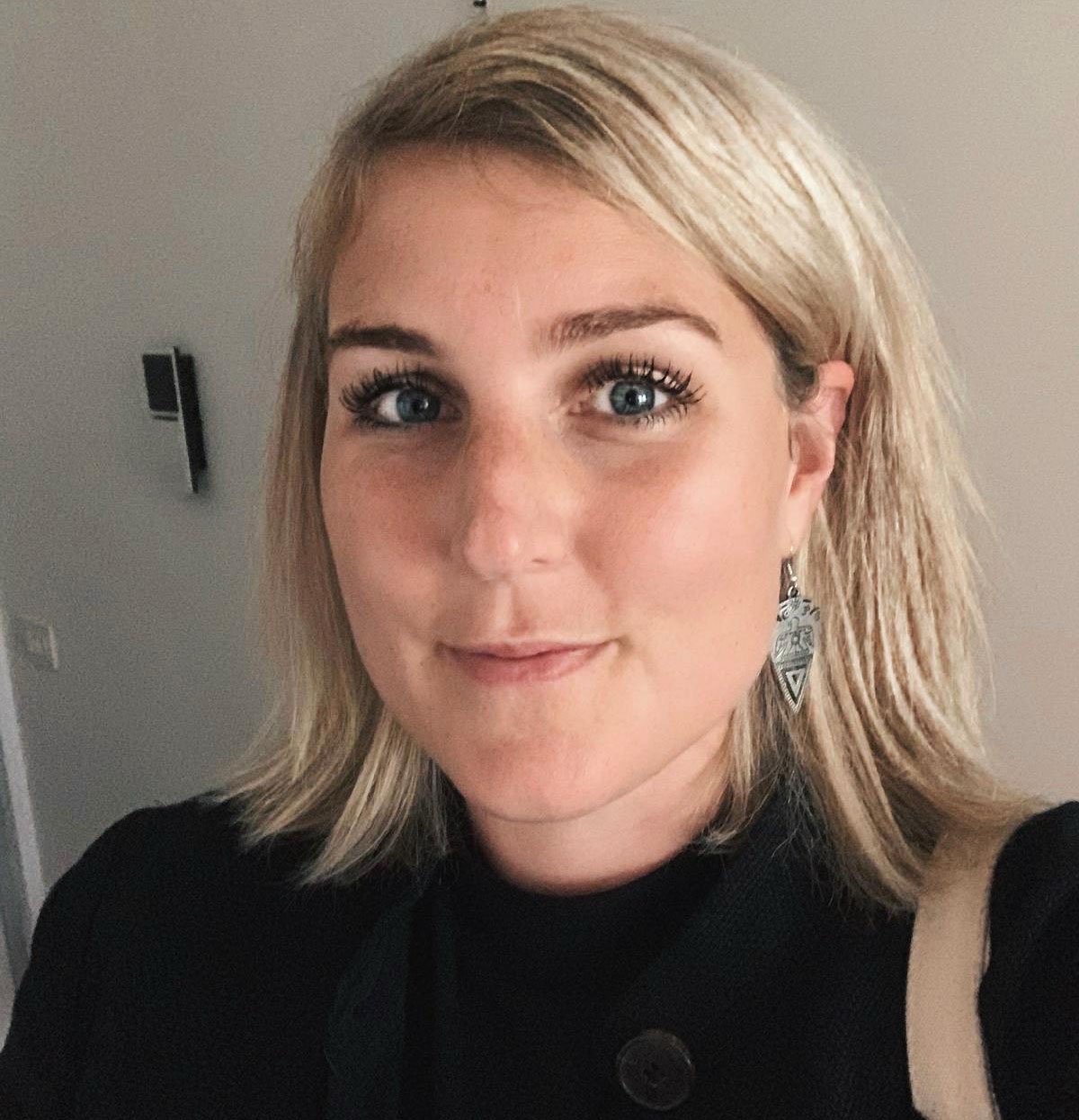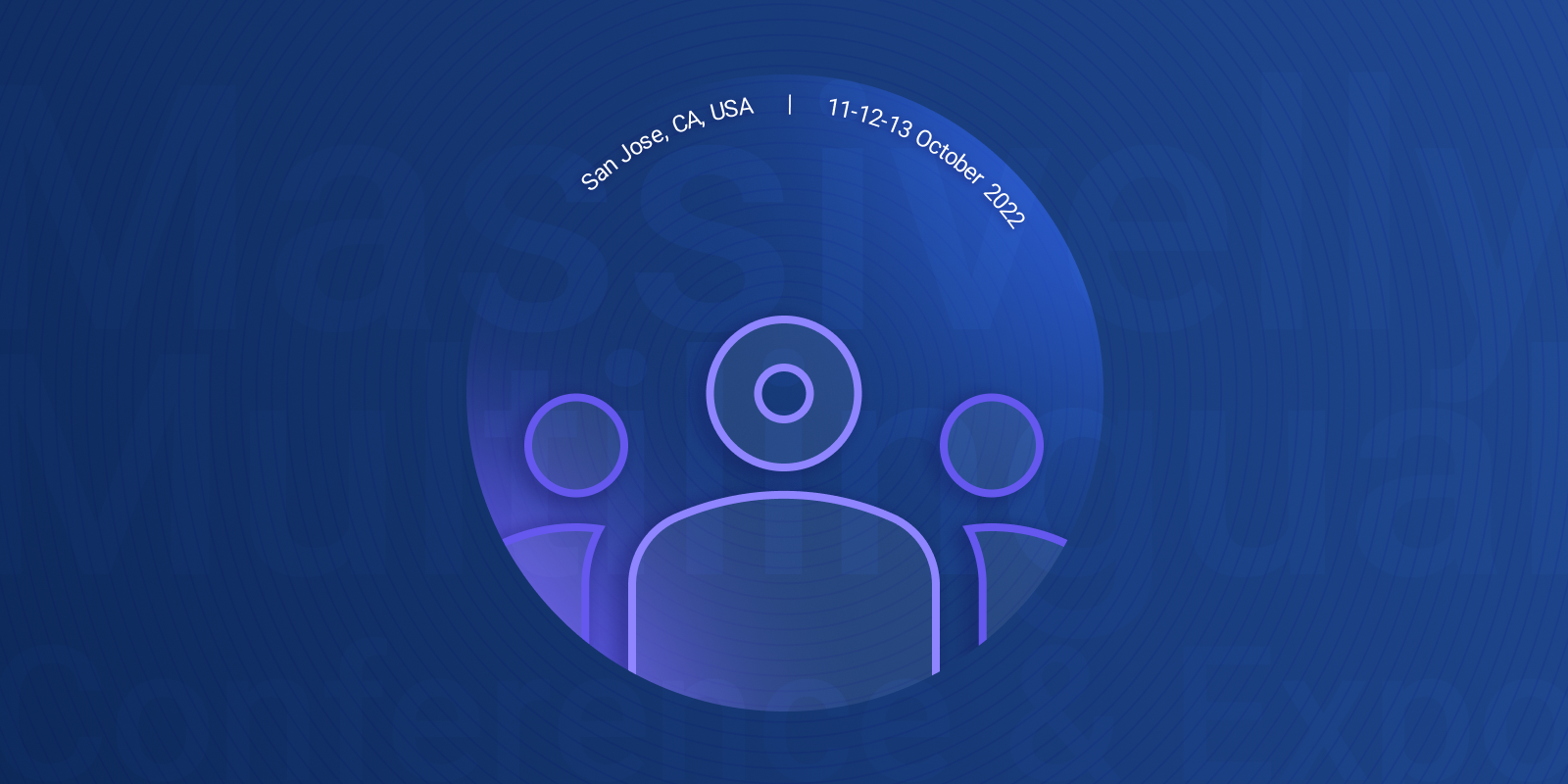Treaded paths and new horizons - impressions of the TAUS Vienna Roundtable
18/03/2016

What is going to make working in localization more manageable and controllable in 2016? A summary of the TAUS Roundtable in Vienna, 2016.
Author
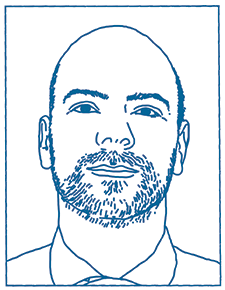
Attila Görög worked in various national and international projects on language technology. He had a solid background in quality evaluation, post-editing and terminology management. As Director of Enterprise Member Services, he worked mostly with large enterprises involved in the TAUS community and hosted TAUS user groups until 2017.
Related Articles
02/04/2024
The evolution of the language industry over the past two decades includes a transition from rule-based Machine Translation to the integration of AI. Learn more about how two industries converge at the TAUS conferences in Rome and Albuquerque this year.
21/07/2023
Embrace the GenAI revolution at the TAUS Annual Conference 2023 to thrive in the LLM era. Join this defining moment in the language & localization industry.
 by Şölen Aslan
by Şölen Aslan25/10/2022
Notes from the TAUS Massively Multilingual Conference 2022
